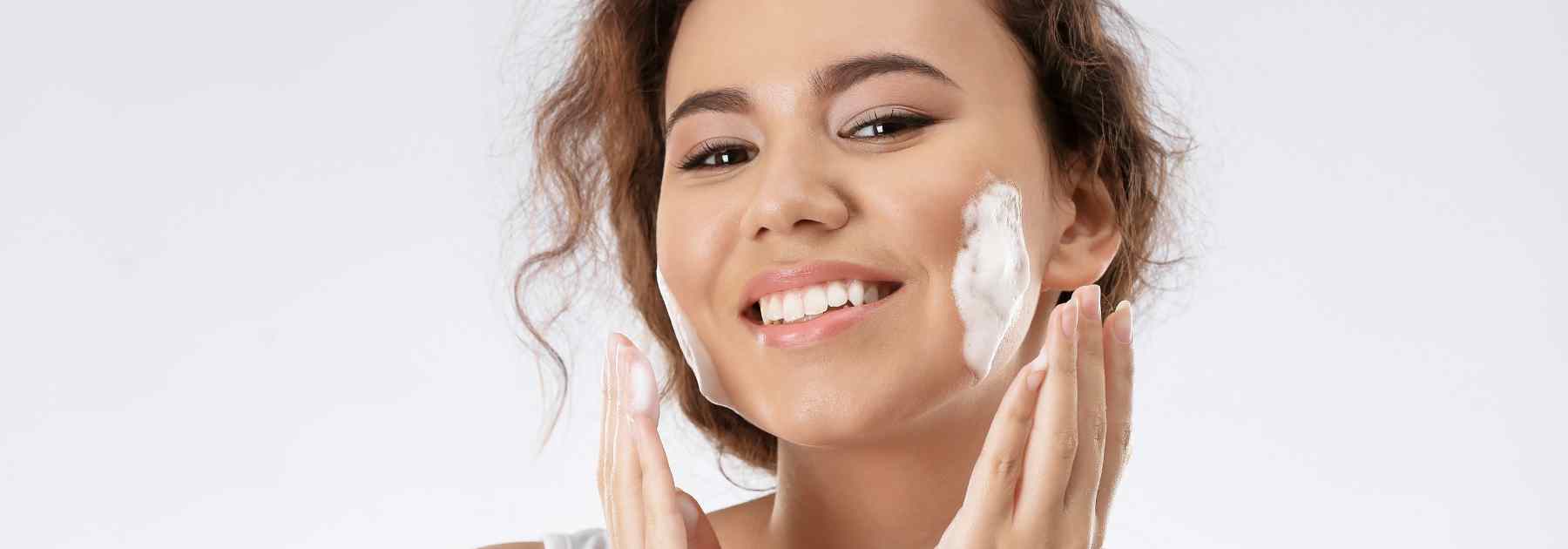Acne is a common skin condition that affects millions of people, particularly during adolescence, but it can persist into adulthood. It occurs when hair follicles become clogged with oil, dead skin cells, and bacteria, leading to pimples, blackheads, whiteheads, or cysts. While acne is not life-threatening, it can cause discomfort, affect self-esteem, and in severe cases, lead to scarring. Understanding the causes of acne, how to prevent it, and the available treatments can help manage and reduce breakouts.
What Causes Acne?
Acne occurs due to a combination of factors that influence how your skin reacts to oil production, bacteria, and dead skin cells. The most common causes include:
- Excess Oil Production: The skin produces sebum, an oily substance that helps protect it. However, when the skin produces too much oil, it can clog pores, leading to acne.
- Clogged Hair Follicles: When dead skin cells build up on the skin’s surface and combine with excess oil, they can block hair follicles, causing blackheads, whiteheads, and pimples.
- Bacteria: Bacteria, particularly Propionibacterium acnes, can get trapped in clogged pores, leading to inflammation, redness, and pus-filled pimples.
- Hormonal Changes: Hormones, especially during puberty, menstruation, or pregnancy, can cause an increase in oil production, triggering acne. Androgens, a type of hormone, can cause the sebaceous glands to enlarge and produce more oil.
- Certain Medications: Some medications, such as corticosteroids and certain hormonal treatments, can contribute to acne development.
- Diet: While diet alone may not directly cause acne, some studies suggest that foods high in sugar or dairy products can trigger or worsen breakouts.
- Stress: Stress doesn’t directly cause breakouts, but it can make existing acne worse by affecting hormone levels and triggering inflammation.
Preventative Measures
Although it may not always be possible to completely prevent acne, there are steps you can take to reduce the frequency and severity of breakouts:
Maintain a Regular Skincare Routine: Gently cleanse your face twice a day with a mild, non-comedogenic cleanser to remove excess oil, dirt, and dead skin cells without irritating the skin.
Avoid Harsh Scrubbing and Picking: Scrubbing your face or using harsh exfoliants can irritate the skin and make acne worse. Instead, opt for gentle exfoliation to clear dead skin cells without aggravating your skin. In addition, picking can cause long-term scarring.
Use Oil-Free and Non-Comedogenic Products: Choose skincare and makeup products that are labelled as oil-free and non-comedogenic, meaning they won’t clog your pores.
Don’t Touch Your Face: Touching your face can transfer bacteria and oil from your hands to your skin, leading to more breakouts. Avoid picking at or popping pimples, as this can cause further inflammation and scarring.
Stay Hydrated: Drinking plenty of water helps maintain healthy skin by keeping it hydrated and reducing the risk of clogged pores.
Monitor Your Diet: While the relationship between diet and acne is still being studied, some people find that reducing sugary or high-dairy foods can help control breakouts.

Treatment Options
There are various treatments available to manage acne, depending on its severity:
Over-the-Counter (OTC) Treatments:
- Benzoyl Peroxide: This helps reduce acne-causing bacteria and can be found in many creams, gels, and washes.
- Salicylic Acid: Often found in acne cleansers, salicylic acid helps remove dead skin cells and unclog pores.
- Topical Retinoids: Derived from vitamin A, retinoids help prevent hair follicles from becoming blocked.
Prescription Medications:
- Topical Antibiotics: These help reduce inflammation and kill bacteria on the skin.
- Oral Antibiotics: For more severe cases of acne, oral antibiotics may be prescribed to reduce bacteria and inflammation.
- Hormonal Treatments: For women, certain oral contraceptives or anti-androgen medications can help regulate hormones that cause acne.
- Isotretinoin: A powerful oral medication, isotretinoin (commonly known by the brand name Accutane) is used for severe acne that hasn’t responded to other treatments. It helps reduce oil production, clogged pores, and bacteria.
Professional Treatments:
- Chemical Peels: These exfoliate the top layer of skin, helping to unclog pores and improve skin condition.
- Laser and Light Therapies: These treatments target the bacteria that cause acne and help reduce inflammation.
Lifestyle Adjustments: In addition to topical and oral treatments, managing stress, maintaining a balanced diet, and sticking to a consistent skincare routine can help prevent flare-ups.
Manage Your Skin
If over-the-counter treatments don’t seem to be working or if your acne is causing emotional distress or physical discomfort, it’s important to consult a dermatologist. They can help diagnose the type of acne you have and recommend the most effective treatment for your skin.
Acne can be a frustrating and persistent issue, but with the right prevention strategies and treatment plan, it’s possible to manage breakouts and improve the health and appearance of your skin.
Contact us to find out more about treatment options or browse our products online.

